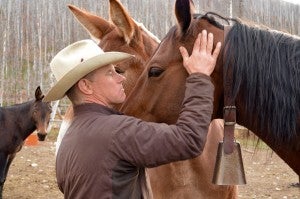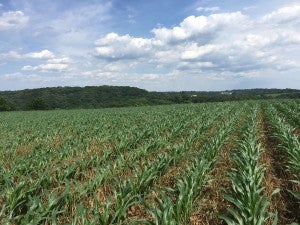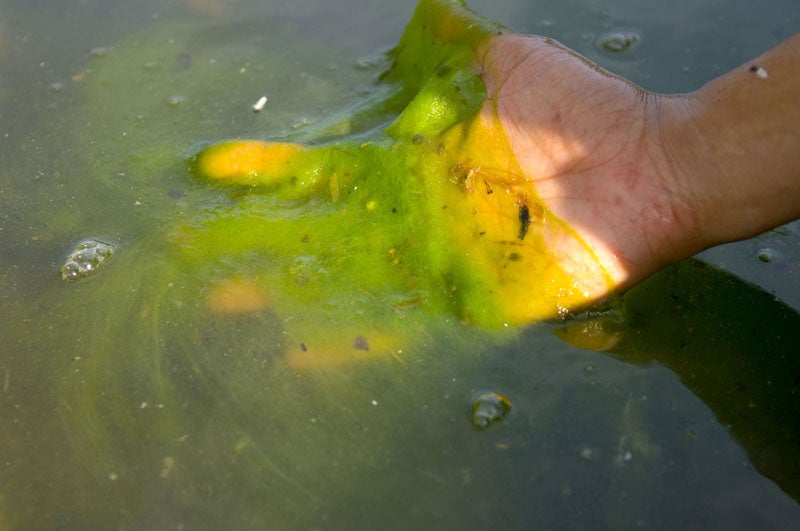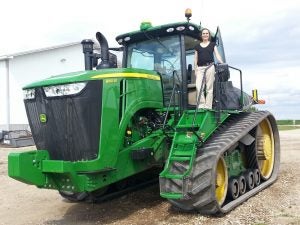
Visiting my friend and Iowa corn farmer, Tim Richter.
Before installing a new heating system for your home, you’d want to conduct an analysis to make sure it’s worth the money, right? The same logic applies to farming – before a producer considers implementing conservation practices or new technologies, he or she will need to know how those practices will affect an operation’s bottom line.
Despite some good anecdotal information and several isolated field trial studies, the reality is we don’t have nearly enough information on the economic impacts – good or bad – of individual conservation practices. That means we cannot yet make an ironclad business case that will persuade the majority of farmers to implement conservation practices.
There are several key reasons for the dearth of information, and that’s partly my fault.
I’m hoping you can look past this and consider my call to work together to collect the necessary data to strengthen the case. Our food, livelihoods and landscapes depend on it. Read More










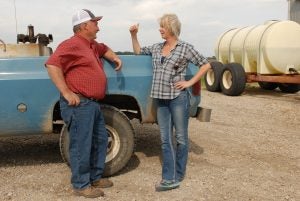 Yesterday, U.S. Department of Agriculture Secretary Sonny Perdue announced a
Yesterday, U.S. Department of Agriculture Secretary Sonny Perdue announced a 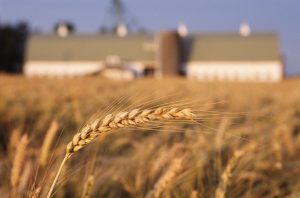 Whether in agriculture or any other business, if you don’t have enough money coming in to pay the bills, it’s hard to find the time or resources for anything other than working to turn a red budget spreadsheet black.
Whether in agriculture or any other business, if you don’t have enough money coming in to pay the bills, it’s hard to find the time or resources for anything other than working to turn a red budget spreadsheet black. Farmers have a host of competing priorities clamoring for their time, energy and money. Fortunately, they often have trusted advisers to help them make good decisions for their operations – including about conservation practices on the farm.
Farmers have a host of competing priorities clamoring for their time, energy and money. Fortunately, they often have trusted advisers to help them make good decisions for their operations – including about conservation practices on the farm.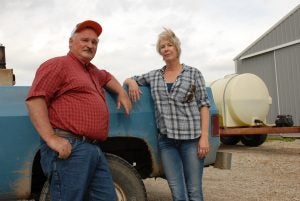 Farmers are bombarded by product claims these days – and they need help.
Farmers are bombarded by product claims these days – and they need help.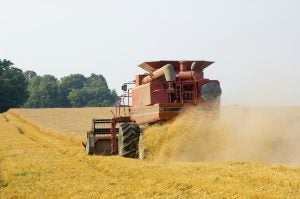 Journalist Michael Pollan deserves credit for elevating the national conversation about food. Over the course of 25 years, his articles and books have thoughtfully contemplated the troubling side effects of the American diet and the way our food is produced.
Journalist Michael Pollan deserves credit for elevating the national conversation about food. Over the course of 25 years, his articles and books have thoughtfully contemplated the troubling side effects of the American diet and the way our food is produced.